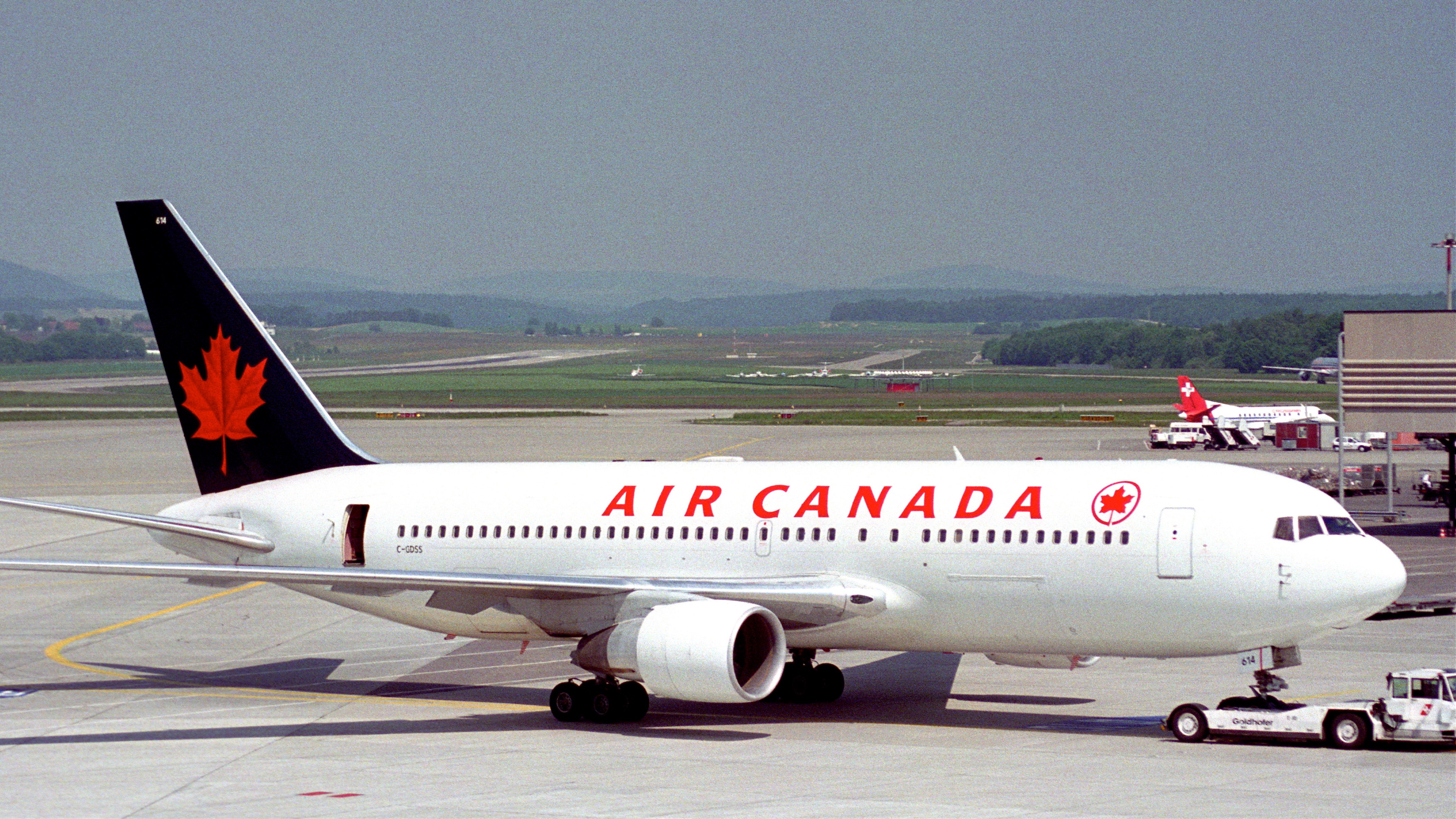The airlines have typically been horrible businesses to own in the past. Bankruptcy and airlines are synonymous with one another, especially during violent economic downturns. As we enter year 10 of the current bull market, it’s hardly surprising that investors are discounting airline stocks like Air Canada (TSX:AC)(TSX:AC.B) in spite of the promising runway that lies ahead.
Think about what’s changed since the days of Pan Am.
Today, aircrafts are much more fuel efficient, and with ultra-low-cost-carriers (ULCC) slated to offer 40% lower rates for travellers, I think investors ought to consider the possibility that we’re entering a new era where the airlines are less cyclical than they’ve been in the past.
They’ll always remain cyclical, but not so much such that it’s normal for an airline stock to lose over 80% of its value in a recession. The underlying economics behind the whole airline business is changing for the better, and as average flight prices continue to fall with the continued rise of ULCC, it’s not too far-fetched to think that the airline of tomorrow may be substantially more recession proof and investible over the long-term.
With that in mind, does Air Canada deserve to trade at 3.1 times earnings?
That’s ridiculously cheap mainly because of the stigma that the airlines have developed within the investment community over the course of decades. Also, surging fuel prices and substantial refleeting costs ($6 billion to be spent in the years ahead) have been adding to the pessimism of the general public.
Simply put, investors aren’t biting on the dirt-cheap name because they think it’s a value trap. I don’t think Air Canada is a value trap though, especially when you consider the ever-improving economics behind Air Canada’s operations and that Air Canada stock is trading at a huge discount relative to its peers south of the border.
Moreover, Air Canada’s low-cost carrier, Rouge, and recent cost-saving initiatives (i.e., insourced loyalty program) will serve as a meaningful catalyst for Air Canada stock over the medium-term. Although higher fuel costs continue to be the main story, I believe investors are neglecting the fact that new, more fuel-efficient aircraft will stand to raise Air Canada’s gross margins moving forward permanently.
Foolish takeaway
Air Canada is a deep-value stock with a desirable risk/reward trade-off, and recent headwinds appear to be clouding the more meaningful long-term tailwinds.
Over the next year, the U.S. economy is slated to heat up and will in turn provide the Canadian economy with a boost. More Canadians will therefore be flying, and with all the catalysts mentioned, I think Air Canada could fly to $30 even if fuel costs remain high. If fuel prices fall, Air Canada stock could double within the next two years.
Stay hungry. Stay Foolish.








